How do you prevent walls from rotting in humid climates?
Hi there, we live on the gulf islands, building a new home as owner builders and figuring it out as we go. I worry that being in such a damp environment for so much of the year, we could have an issue with mould, as other neighbors (a professional builder) who used plastic Vapour barrier have had mould show up in less than 2 years on his north wall. How can we avoid getting mould?



















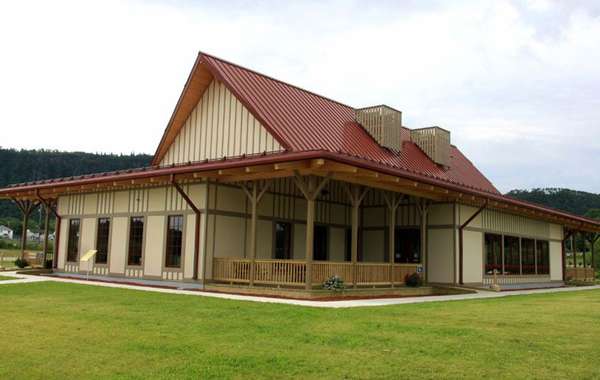
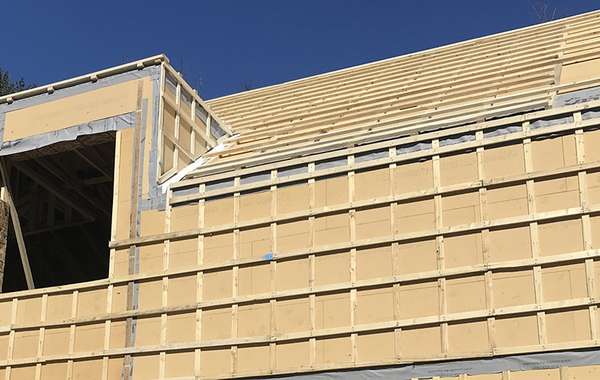
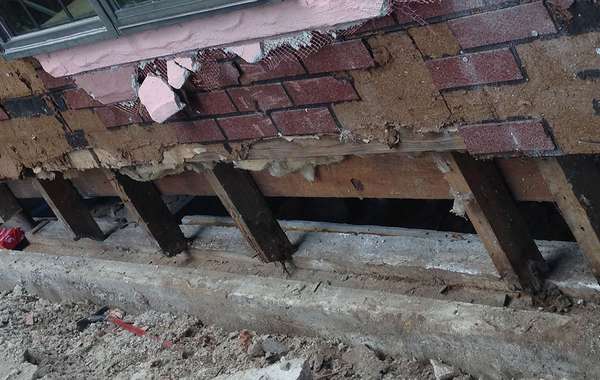
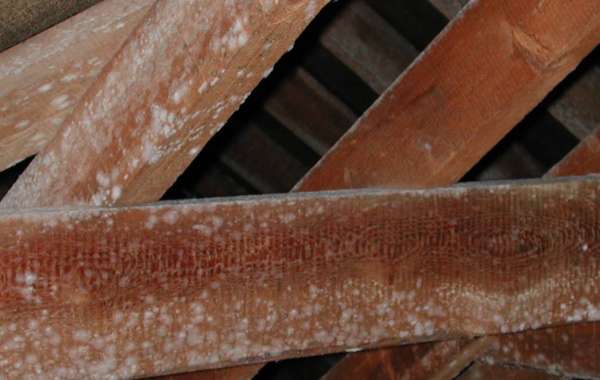
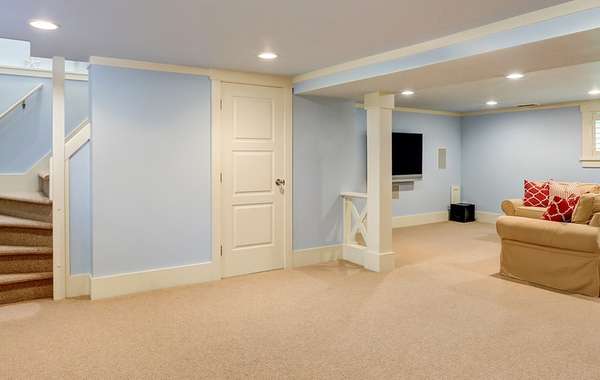
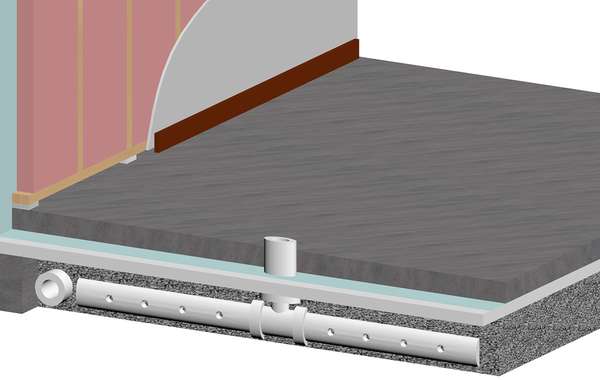
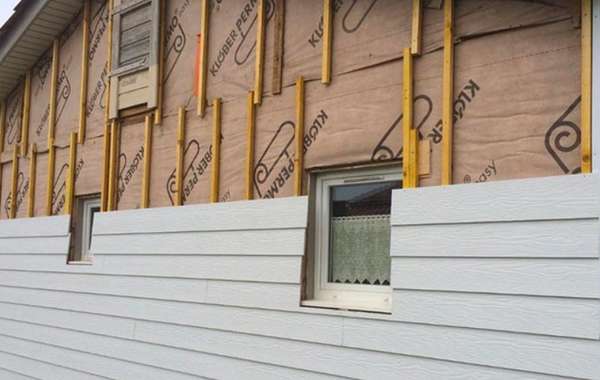
If your neighbour had their walls rot that could be for a number of reasons - it could be design related, quality of workmanship, or even due to a ‘micro-climate’, meaning their very specific weather conditions on their property. Learn all about climate zones here -
Building Climate Zones USA & Canada - Why they are Important
I make no judgement of that person, but I would point out that being a professional builder does not always equate to being a quality builder, nor does every builder take durability into consideration when designing. You do live in a more humid climate so building a house without mold takes more thought, but don’t let one wall failure get you too distressed.
So, starting with the micro-climate - The north side would not be exposed to the sun, so it would limit the ability of a wall to dry, and if you happen to get a lot of wind driven rain from that side then it would definitely increase the risk of moisture damage when building in a wet region like yours. There may also be trees or undergrowth very close to their home to hold moisture. The wall assembly and house in general may also not have been designed in consideration of the climate.
As for the vapour barrier, those are most likely to create a problem in an air-conditioned home in a very hot and humid climate, so if you plan to have AC and keep your house very cool then upgrading to a ‘smart’ membrane is good idea. They are more breathable than standard 6 mil poly vapour barriers.
From a design and quality of work point of view, we have many pages on durability that I will point you to, but I will give you a quick list of things to consider:
The most important thing to do is what you are already doing, which is to consider the challenges of your climate and to do some research ahead of time so you design and build accordingly. Look through our building guide categories for more help, or use our search bar and enter terms like 'wall assembly, durability, mold, mould, etc. Try that, and feel free to drop another question if you don't find all you're loooking for.
We live on the Gulf Coast just north of Galveston Texas. Our house is wood framed on chided blocks about 3 feet above ground level. We have no insulation under house and have a big problem with moisture. Our hardwood floors buckle in places during summer when a/c is running and same problem in winter when heater is running in 30 to 20 degree weather. We know we need to insulate under house but what with?
Cyinder blocks not chided blocks. Spell check!lol